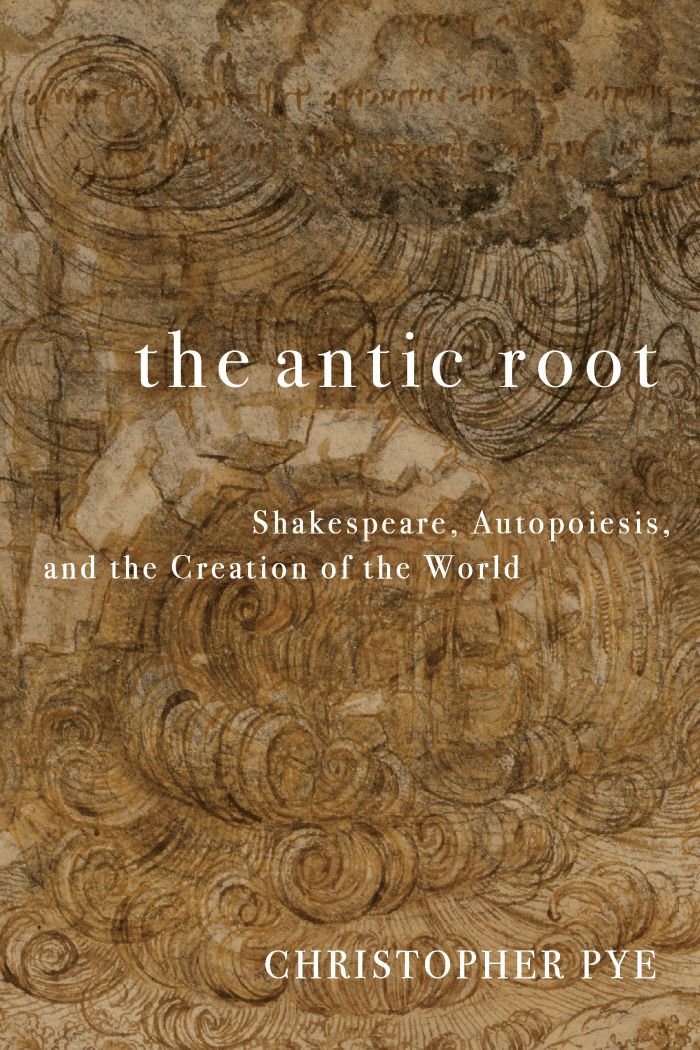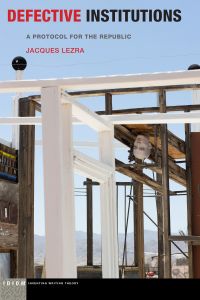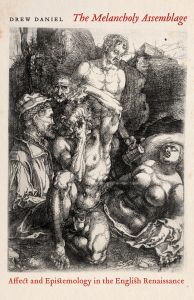The Antic Root
Shakespeare, Autopoiesis, and the Creation of the World

This book can be opened with

The Antic Root explores the relations among art, sense-experience, and the conception of the world in the early modern era. Against vitalist and posthumanist accounts that presume to grasp the world beyond its interpretive framing, Pye argues that any possibility of conceiving a world beyond us depends on acknowledging the fact of its mediated condition, a condition Shakespeare explored with particular acuity.
Rather than either a subjective or objective phenomenon, Pye shows how the world should be understood as an autopoietic one, that is, as a function of the process through which the very distinction between self and environment is constituted, a formative mechanism extending from the creation of the world as a phenomenal domain to the most intimate dimensions of affective life.
Coinciding with the separation of spheres during the era, autopoiesis lies at the heart of Shakespeare’s reflexive art, revealing the grounds of the works’ generic distinctions. Engaging plays from Twelfth Night to King Lear to the late romances, and concluding with an in-depth consideration of the painter Diego Velázquez, The Antic Root enlists autopoiesis to rethink the boundaries of the human in relation to affect, disability, animality, environment, and law.
Ultimately, autopoietics lets us imagine community, human and otherwise, beyond economic notions of equivalency, and justice beyond the assignation of guilt and innocence, as a condition of indebtedness that amounts to the origin of being as such.
“The scholarship, depth of theoretical insight, and close literary analysis are superb and come together in an admirably lucid, invitingly written book about something that most scholarship today chooses to forget: the simple but inescapable fact of subjective mediation in matters concerning not just art, but also politics and the apprehension of a world. Pye’s study is compulsively readable, erudite, and philosophically sharp.”—Steven Swarbrick, Baruch College, CUNY
“Pye treats readers to riveting and insightful interpretations of Shakespearean theater, while, in the process, making a brilliant case for the province of aesthetics. The Antic Root is not only a major contribution to Shakespeare studies but also a compelling philosophical-ethical meditation on aesthetics.”—Russ Leo, Princeton University
Preface | 1
Introduction: The World Elsewhere | 7
1. The Autopoietics of Tragedy | 29
2. Timon of Athens, Autopoiesis, and the Political-Aesthetic Foundations of the Polis | 52
3. A New Air: Tragedy, Being, and History in Anthony and Cleopatra | 73
4. Comedy and Romance: The Autopoietics of Socius and World | 91
5. Hurt Feelings: Affect, World, and Time in As You Like It | 116
6. The Spider and the Spinning Wheel: Techne, Animality,
and the Autopoietics of Touch in Velázquez | 134
Acknowledgments | 157
Notes | 159
Bibliography | 183
Index | 195




